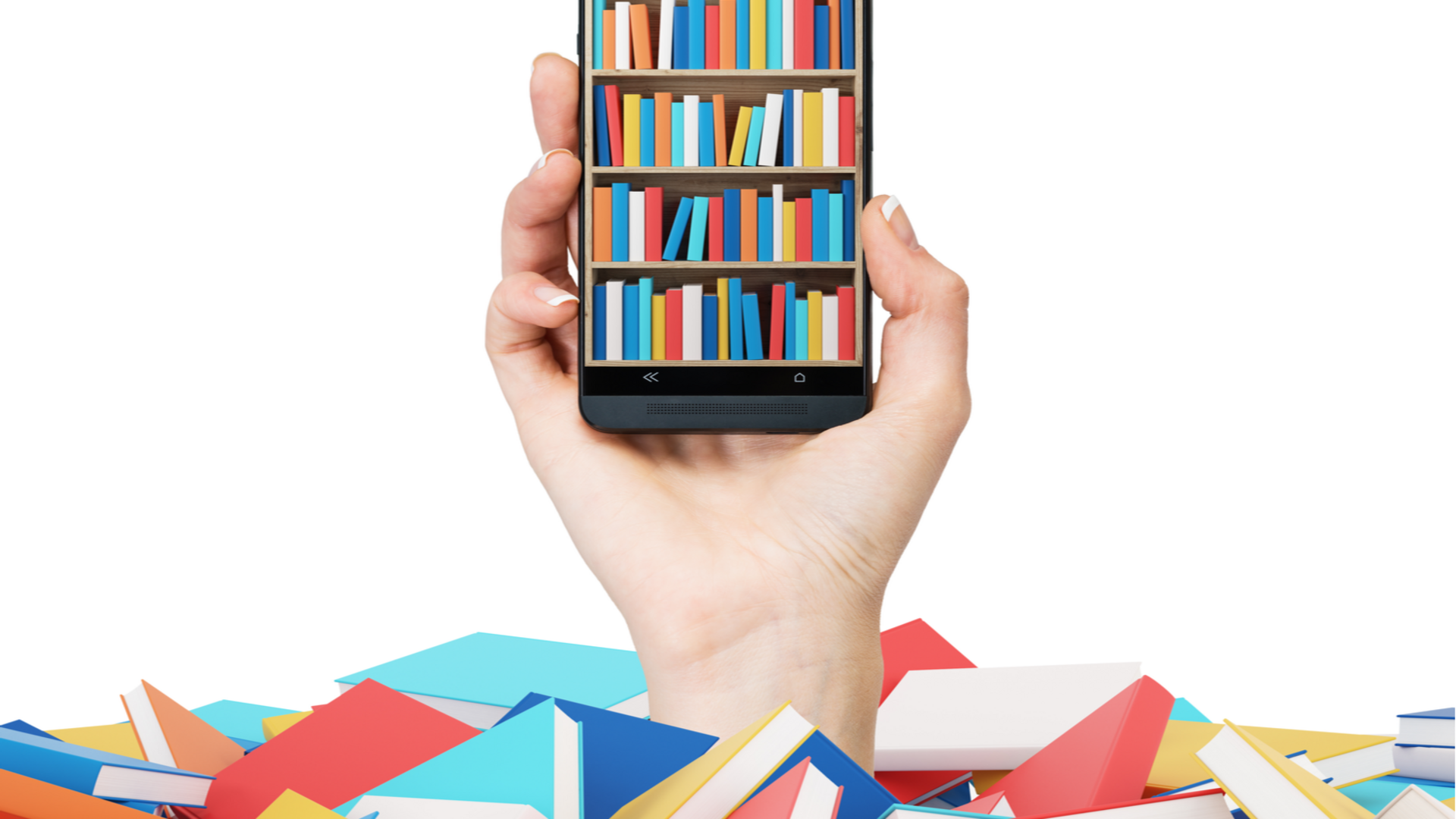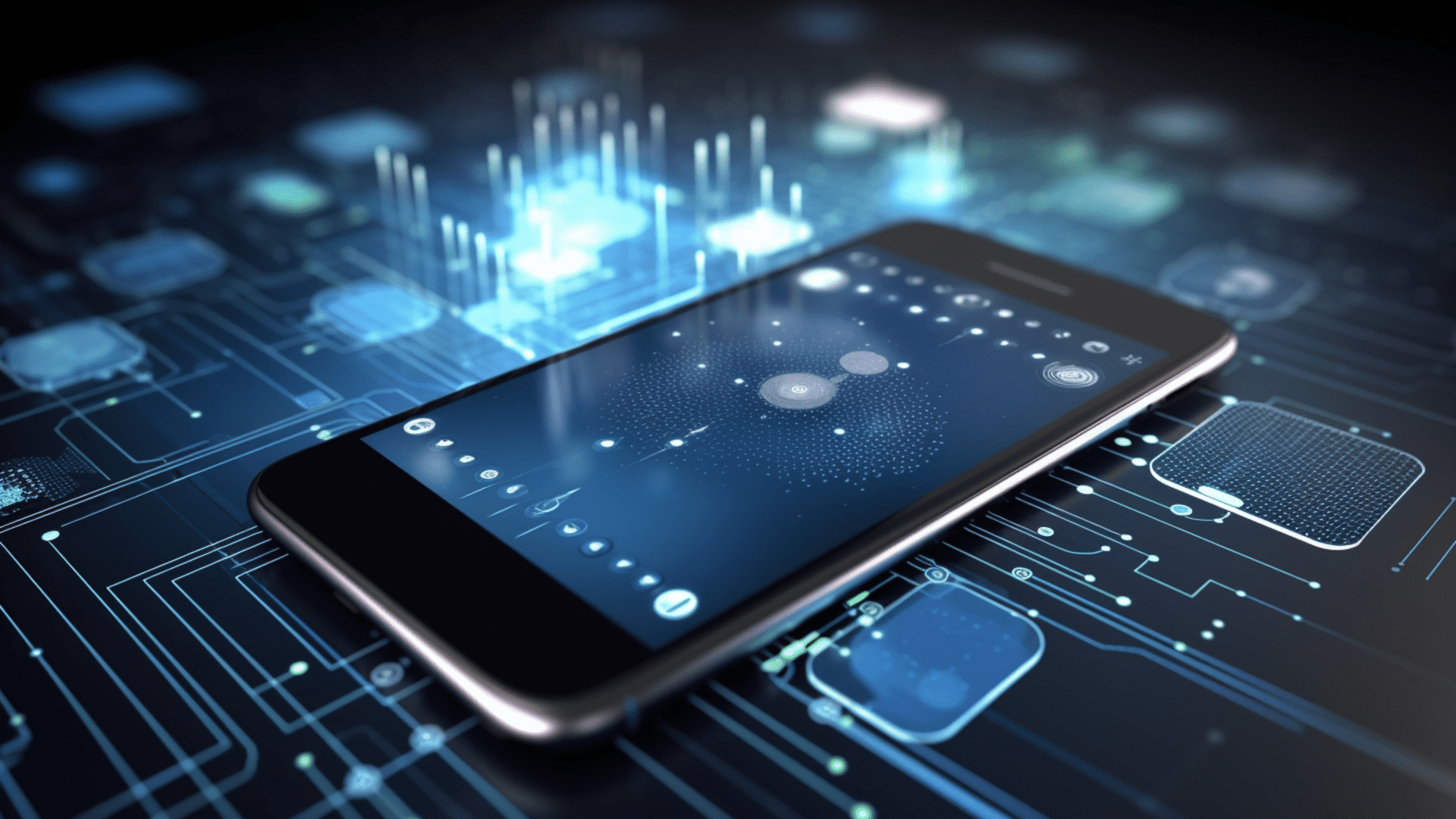Libraries have always been a corner of education and learning that gives users access to knowledge and resources. It is relevant for people of all ages and characters. In recent years, however, libraries have experienced a technological revolution: mobile devices and digital content are becoming increasingly common in their collections.
This shift from books to bites has brought numerous benefits to library staff and visitors. The integration of mobile technologies is changing the way libraries operate and maintain them. Among them is increasing access to a wide set of resources for greater efficiency and convenience.
Advantages of mobile technologies for libraries
The introduction of mobile technologies in libraries brings many benefits. First, it provides greater access to information for library visitors. Many libraries provide access to e-books, logs, and databases that you can view on mobile devices. This will enable users to access information anywhere and at any time. Also, you do not need to visit the library.
Second, mobile technologies complement traditional library services such as book distribution and the use of computers. For example, mobile programs can provide visitors with information about library events, collection updates, and other news. Mobile devices can also be used to scan barcode books, which simplifies the process of issuing and returning books.
Third, mobile technologies help libraries to be more efficient and user-friendly. For example, users may use mobile devices to order books from other libraries or to pay penalties. This reduces the need to visit the library and facilitates the use of library services.
Introduction of mobile technologies in library services
The introduction of mobile technologies into library services can lead to greater efficiency and user-friendliness. For example, mobile devices can be your main assistant in the issue of ordering books from other libraries or paying library penalties. Also, mobile programs can provide visitors with information about library events, collection updates, and other news.

Impact of mobile technologies on library visitors
Mobile technologies have a great impact on library visitors. They provide greater access to library information and services, as well as make library services more user-friendly. Some libraries use mobile devices to attract new visitors and increase their participation in library activities.
However, mobile technologies can lead to disconnection from traditional library services such as reading books and communicating with other visitors. To prevent this, libraries should create conditions for interaction and exchange of views between visitors.
Mobile technologies and the future of libraries
Mobile technologies have great potential for the future of libraries. They can lead to greater availability of information, efficiency, and usability of library services. However, to realize this potential, library owners need to develop strategies and action plans to integrate mobile technologies into their services.
Examples of successful integration of mobile technologies into libraries
Many libraries around the world have integrated mobile technologies into their services, so they have done so successfully. This has increased the efficiency of their work. For example, the Philadelphia Library in the United States has developed a mobile application that helps visitors order books and gives them a free notification feature.




